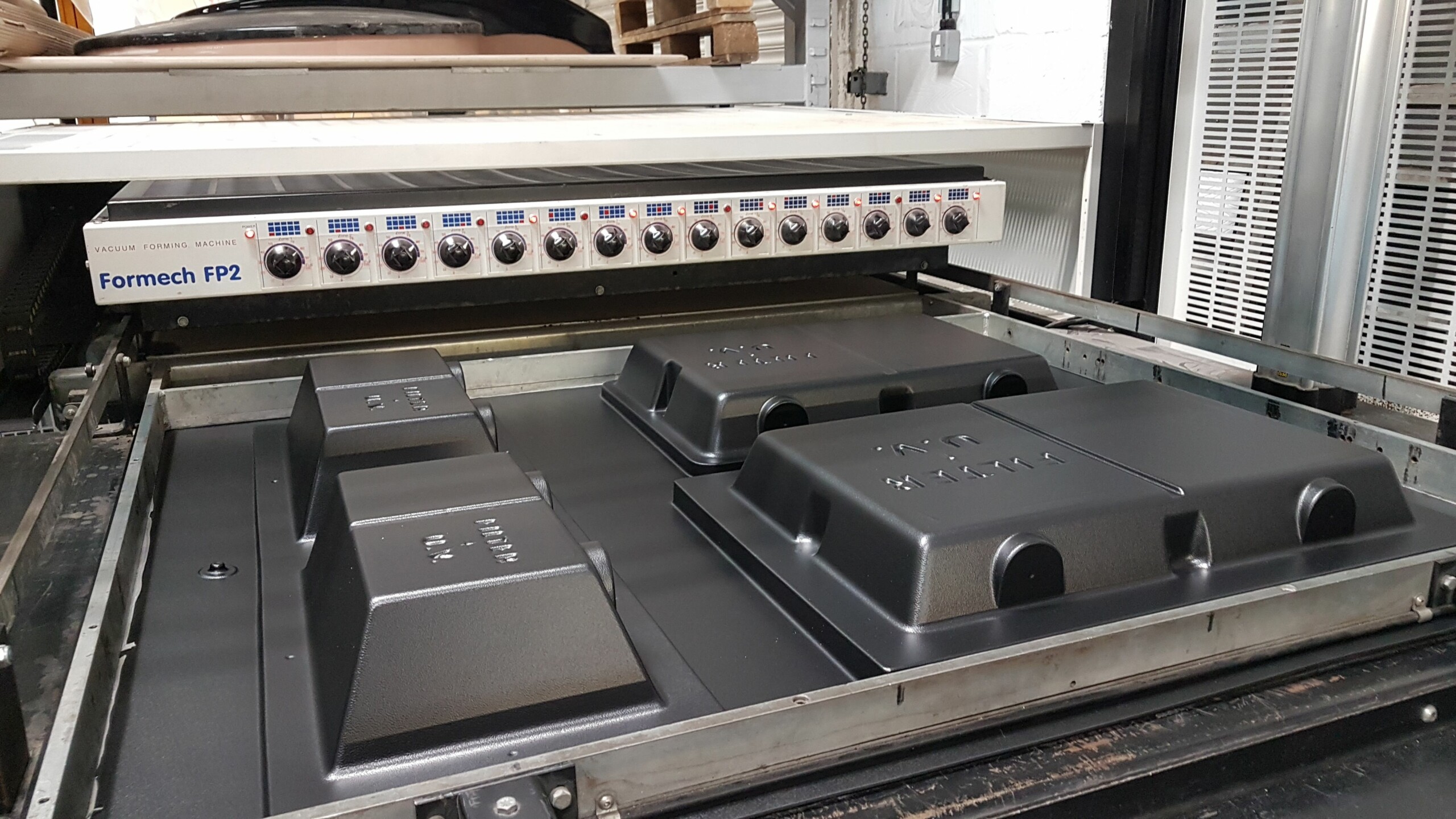Revolutionizing Manufacturing with Vacuum Forming
Revolutionizing Manufacturing with Vacuum Forming
Blog Article

Vacuum forming is a widely used thermoplastic molding process that involves heating a polymer sheet until it becomes soft, then using vacuum pressure to form it over a pre-designed mold.
Vacuum Forming Procedure
To mold a vacuum-formed product, the plastic sheet is first placed into a frame and heated until it becomes soft. Once the material is ready, it is draped over a template, and a vacuum is applied to draw the material tightly over the mold, creating the intended shape.
After forming, the material is solidified to retain its shape. The final product is then trimmed to remove unwanted material and finished for use.
Where Vacuum Forming is Used
This technique is widely used in numerous industries, including automotive, to produce tailor-made components. Some frequent products made using vacuum forming include:
- Car dashboards
- Clamshell containers
- Hospital trays
- Point-of-sale stands
Benefits of Vacuum Molding
Vacuum forming is a simple method for producing custom plastic parts with minimal initial investment. Other significant benefits include:
- Quick turnaround
- Low-cost tooling
- Flexibility in design
- Strength-to-weight ratio
Summary
For businesses looking for an efficient plastic manufacturing solution, vacuum forming delivers a practical option.
Vacuum Forming Report this page